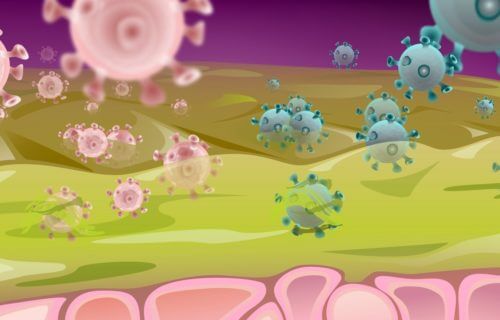
STOCKHOLM, Sweden — Cow mucus may be the secret tool for controlling the spread of sexually transmitted infections (STIs). Researchers have developed a lubricating gel using cow mucus as the basis to trap viral particles and eliminate them. The lubricant showed to be 70% effective against HIV and 80% effective against the herpes virus.
Over 1 million people get STIs every day, with most people not even realizing it because of asymptomatic infections. One concerning sexually transmitted disease is AIDS, acquired from HIV, which remains a global epidemic. Young girls and women are two times as likely to get HIV than boys and young men.
The goal of the lubricant is to offer sexually active individuals another option for taking care of their sexual health. For instance, it could be used as an alternative for people who may not use condoms or if the condom does not work. “We developed a gel-based lubricant that has significant potential use for the prophylaxis of individuals exposed to HIV-1 and/or HSV-2,” the authors write in their paper.
The lubricant is based on mucin, a component of mucus made in the human body. Mucin molecules bind and trap HIV and herpes viruses, leaving them immobilized. The lubricant underwent several viral prophylactic tests against several types of cells.
Results show that mucin has a self-healing function that allows mucus to lubricate against infection and weaken the activation of immune cells. The dampened immune response is important because activated immune cells propel HIV replication. One of the features of mucin is its active turnover rate, giving a mechanism for the lubricant to clear antiviral compounds from the body.
Lab tests showed no increased risk of side effects or viral resistance. According to the study, it would be difficult to produce a synthetic gel without the mucin molecules.
“The authors believe the gels are promising for further development as personal lubricants that can limit viral transmission,” the study abstract says.
The research paper is published in the journal Advanced Science.

